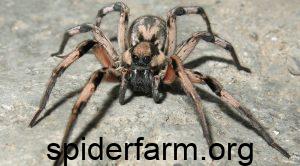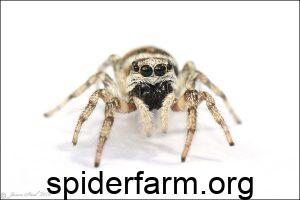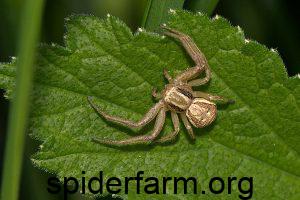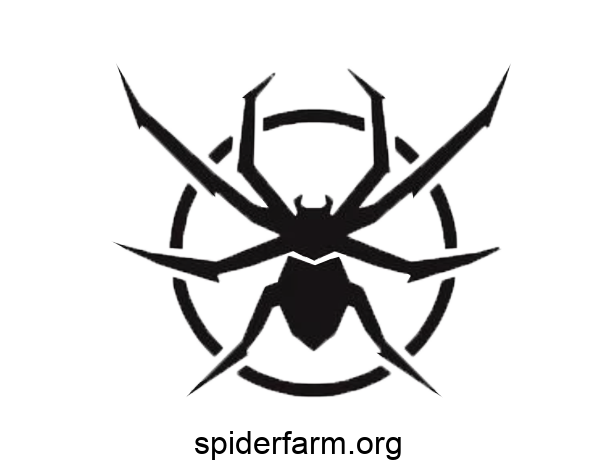Classification and physiology of spiders

Spiders are not insects. They belong to a subgroup of arthropods. Arthropods are invertebrates with an exoskeleton. Spiders belong to Arachnida, as well as scorpions, threshing spiders and ticks. Similar to all arthropods, spiders have only two distinct body regions, the cephalothorax and abdomen. These two areas of the body are connected by a narrow tube in their waist, called a pedicle
The abdominal part of spiders is soft but not segmented like insects
The cephalothorax is hard and contains eight legs protruding from it, the legs that make us afraid of spiders. Most spiders also have eight eyes, although some have fewer eyes and some species have no eyes at all. However, spiders in general have poor eyesight, with any number of eyes
What you don’t know about spiders
Spiders are not very popular creatures among the public opinion; For some of us, these little insects are considered the most disgusting or terrifying creatures on the planet. But it is not bad to know that these insects have many benefits for the ecosystem and humans. Spiders are everywhere and can live in different conditions. This in turn allows these beings to come to the aid of humans in many cases, a help that many of us are unable to understand. Maybe by reading this article and getting to know the capabilities and benefits of these tiny creatures, your opinion about them will change a little
Interesting facts about spiders

Insect hunters: Spiders are one of the most important insect hunters, which are considered delicious prey for many animals. These small insects are used to control other insects in apple orchards and rice fields in many countries
Spiders also control populations of many household pests such as grasshoppers, cockroaches, and mosquitoes. The presence of these creatures in the house allows residents to avoid buying expensive pesticides, because most of the pests will become food for house spiders!
Prevention of death: Spiders reduce the risk of many diseases by limiting the population of unwanted pests around households. For example, spiders reduce the risk of malaria by hunting malaria mosquitoes
The strength of spider silk: Spider silk may seem weak and fragile, but this material is much stronger than you think. Scientists have proven that spider silk is one of the strongest natural substances. The silk used in a spider’s web is actually five times stronger than a steel thread of the same thickness! It is also believed that a spider web made of threads as thick as a pencil can stop an airplane from flying!

Spiders have blue blood: Many of you may have known that unlike us, spiders have blue blood. But don’t know the reason. In fact, this issue has a scientific explanation; In humans, oxygen is attached to a molecule containing iron, and this is what causes our blood to be red. But in spiders, the molecule to which oxygen is attached contains copper, and this copper makes the blood blue
Male spiders’ love of gift-giving: Not only do some species of spiders like to impress their future mates with a dance, but they also like to present a silk-paged gift to their mate!
However, sometimes these male spiders are a bit mischievous and miserly, and instead of gifts such as flies and delicious insects, they give their mates low-value gifts such as pieces of leaves or old gifts that other female spiders did not accept!















